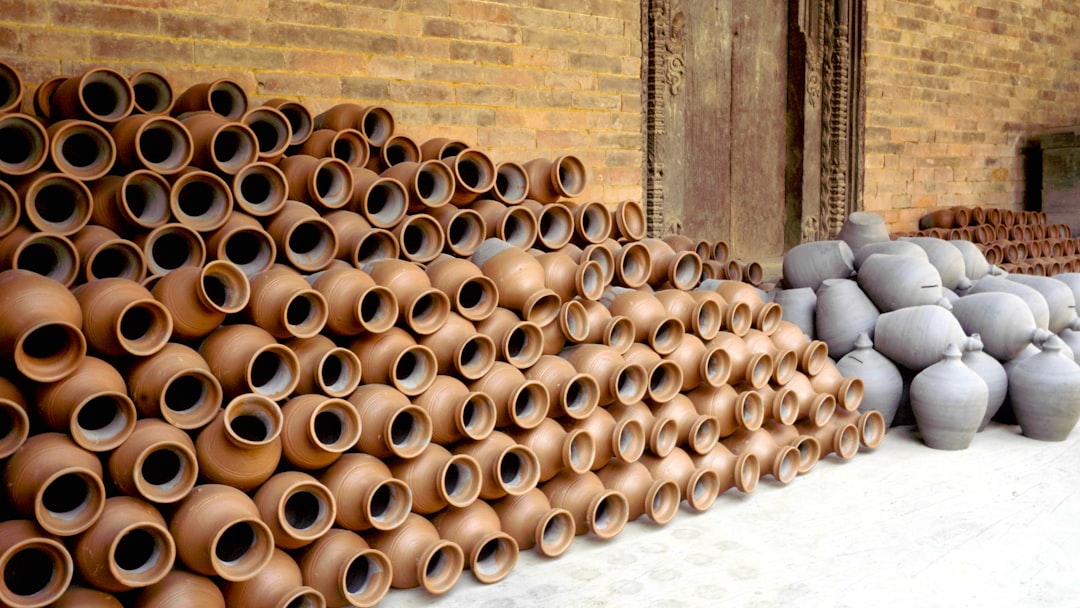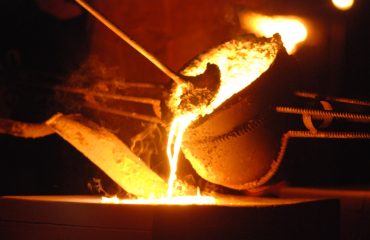Oil refineries are complex and hazardous environments, demanding robust and reliable infrastructure. At the heart of this infrastructure lies a vast network of steel pipes, silently facilitating the intricate processes that transform crude oil into valuable fuels and petrochemicals. These pipes aren’t just conduits; they are the very arteries of the refinery, carrying high-pressure, high-temperature fluids and gases that are often corrosive and potentially dangerous. Understanding the critical role of steel pipes in oil refineries is crucial to appreciating the safety and efficiency of these vital industrial facilities.
Diverse Applications of Steel Pipes in Oil Refineries
Steel pipes in oil refineries serve a multitude of purposes, each requiring specific properties and tolerances. They are used to transport:
- Crude oil: From storage tanks to processing units, transporting the raw material is the first crucial step, requiring pipes capable of handling varying viscosities and temperatures.
- Intermediate products: During refining, numerous intermediate products are generated, each with its own unique characteristics. Pipes must be selected to withstand the specific properties of these materials, including naphtha, kerosene, and diesel.
- Finished products: Once refined, fuels like gasoline, diesel, and jet fuel, as well as petrochemicals, are transported through pipelines to storage or distribution points. This often involves high-pressure systems.
- Steam and water: Steam plays a critical role in various refinery processes, requiring high-pressure and high-temperature pipes. Similarly, water is used for cooling and cleaning, necessitating corrosion-resistant pipes.
- Gases: Various gases, including hydrogen, natural gas, and fuel gases, are used and transported throughout the refinery. These pipes need to be designed to handle high pressures and potential flammability.
Factors Influencing Steel Pipe Selection
Choosing the right steel pipe for a specific application in an oil refinery is a complex process involving several critical factors. These include:
- Material Grade: The choice of steel grade depends on the fluid being transported, its temperature, pressure, and corrosiveness. Common choices include carbon steel, various alloy steels (e.g., chromium-molybdenum steels), and stainless steel, each offering different levels of strength, corrosion resistance, and high-temperature capabilities.
- Pipe Diameter and Wall Thickness: These dimensions are determined by the flow rate, pressure, and fluid properties. Thicker walls are needed for higher pressures to maintain structural integrity.
- Pipe Fittings and Valves: These components are crucial for controlling flow, direction, and pressure. They must be compatible with the pipe material and designed to withstand the operating conditions.
- Corrosion Resistance: The refinery environment is inherently corrosive. The selection of steel grade and potential application of protective coatings (e.g., linings, external coatings) are vital to prevent corrosion and extend the lifespan of the pipes.
- Welding and Joining Techniques: The chosen welding method must ensure a strong, leak-free joint that can withstand the operating conditions. Different welding techniques are suitable for different steel grades and pipe sizes.
Importance of Regular Inspection and Maintenance
Given the critical role of steel pipes and the hazardous nature of the refinery environment, regular inspection and maintenance are paramount. This involves:
- Visual Inspections: Regular visual checks for signs of corrosion, damage, leaks, or other anomalies are crucial for early detection of problems.
- Non-Destructive Testing (NDT): Techniques such as ultrasonic testing, radiographic testing, and magnetic particle testing are used to detect internal flaws or weaknesses in the pipe walls without damaging the pipe.
- Hydrostatic Testing: This involves pressurizing the pipes with water to check for leaks or weaknesses under pressure.
- Corrosion Monitoring: Regular monitoring of corrosion rates helps predict potential problems and allows for timely maintenance or replacement.
- Preventive Maintenance: Scheduled maintenance, including cleaning, painting, and repairs, helps extend the lifespan of the pipes and prevent unexpected failures.
Safety Considerations in Handling Steel Pipes in Refineries
Safety is paramount in all aspects of handling and working with steel pipes in oil refineries. This includes:
- Proper Handling Procedures: Heavy lifting equipment and trained personnel are essential to prevent accidents during the transportation and installation of pipes.
- Personal Protective Equipment (PPE): Workers must wear appropriate PPE, including safety helmets, gloves, eye protection, and safety shoes, to minimize risks.
- Lockout/Tagout Procedures: Strict lockout/tagout procedures must be followed to prevent accidental release of hazardous materials during maintenance or repair work.
- Emergency Response Plans: Comprehensive emergency response plans should be in place to handle potential leaks, fires, or other incidents involving steel pipes.
- Compliance with Regulations: All operations must comply with relevant safety regulations and industry best practices to ensure a safe working environment.
The Future of Steel Pipes in Oil Refineries
The oil and gas industry is constantly evolving, and so too is the use of steel pipes in refineries. Advancements in materials science are leading to the development of stronger, more corrosion-resistant, and lighter-weight steel alloys. Furthermore, improved inspection and maintenance techniques, along with the use of advanced sensors and data analytics, are enhancing the reliability and safety of these critical components. The focus continues to be on extending pipe lifespan, improving operational efficiency, and ensuring the highest levels of safety within these complex and essential industrial facilities.
Tags: steel pipes, oil refinery, refinery pipes, pipeline, oil and gas




